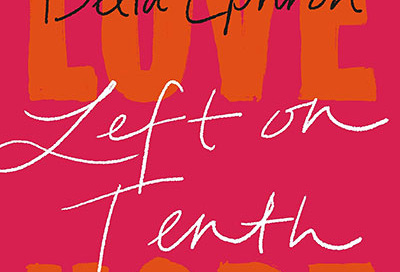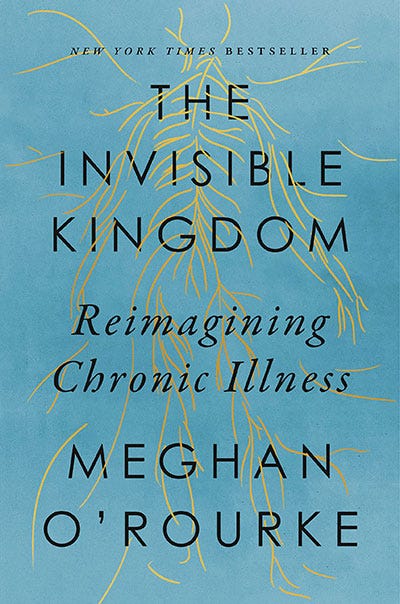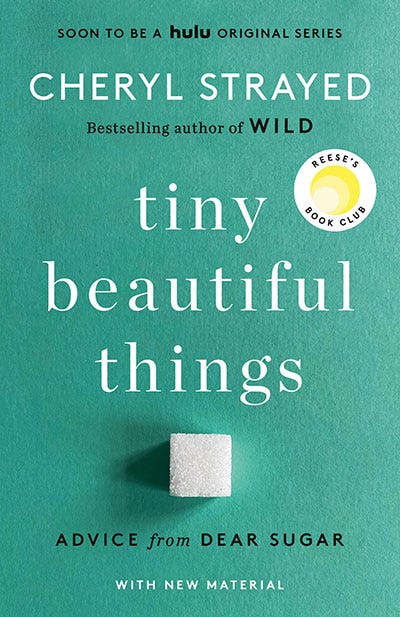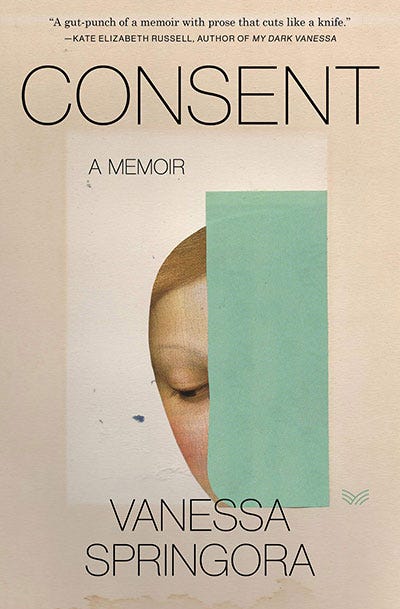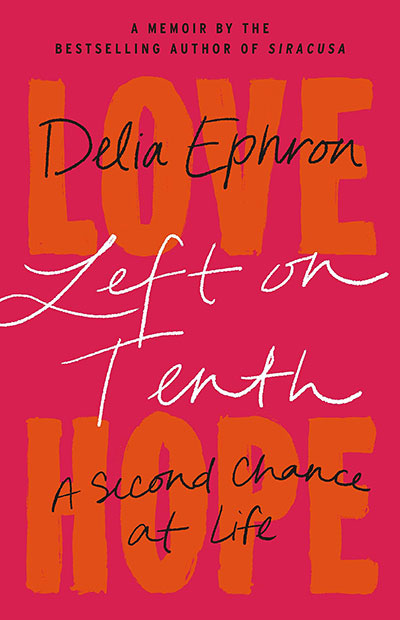#5: From Strength to Strength
by Arthur Brooks
Arthur Brooks, author of The Atlantic’s happiness column, writes about how we can find lasting purpose in his book Strength to Strength. Technically not a memoir, the book contains some of his life lessons and serves as an instruction manual for achieving maximum fulfillment in the second half of life. My favorite section is the reverse bucket list, in which he explains why it is imperative to spend our time on activities that bring us lasting happiness. He argues that while accolades and praise may boost your ego, they will not ultimately lead to fulfillment.
About each item [on my bucket list] I say, “This is not evil, but it will not bring me the happiness and peace I seek, and I simply don’t have time to make it my goal. I choose to detach myself from this desire.”
#4: Invisible Kingdom
by Meghan O’Rourke
O’Rourke writes about living with an undiagnosed, chronic illness and her quest to find out what’s wrong. She combines a reporter-like approach to the history and science of chronic illness with a personal essayist’s subjectivity about how it actually feels to be ill and alone in that understanding.
Healthy people have the luxury of forgetting that their existence depends on a cascade of precise cellular interactions.
#3: Tiny Beautiful Things
by Cheryl Strayed
Another not-quite memoir, Tiny Beautiful Things released its 10th Anniversary Edition in 2022. The book is a collection of reader letters and responses from an advice column originally published in The Rumpus called Dear Sugar. In 2012, Cheryl Strayed revealed that she was Sugar. Who else could write such tender and profound responses? In 2020, Cheryl relaunched Dear Sugar on Substack.
#2: Consent
by Vanessa Springora
Springora writes about a relationship with a much older man that began when she was a child growing up in France. Readers will be horrified but not surprised to learn that this man’s success as a prominent writer shields him from prosecution for his immoral and illegal acts, even after he publishes books about multiple relationships with minors. Part three of the book begins like this:
There are numerous ways to steal a person’s selfhood. Some appear quite innocent at the outset.
#1: Left on Tenth
by Delia Ephron
I read this book by Delia Ephron (Nora’s sister) in a couple of hours while lying on a beach towel in my yard last spring. The ground was hard and I kept flipping over onto my stomach, and then back onto my back, trying to get comfortable because I couldn’t put this book down. After Delia’s husband, Jerry, dies, she unexpectedly reconnects with Peter, whom she’d gone on a few dates with fifty-four years earlier (she does not remember him). He contacts her after reading an essay about how much she hates Verizon that is published in the New York Times. They fall in love. She gets very sick and writes with mastery about what it feels like to be so close to death. Yet still, her humor shines through.
I know it’s not a good idea to hate anyone. I know from an article I read that negative emotions are bad for my health. I would hate to have a heart attack because my internet isn’t working. But I do hate Verizon.
Honorable Mention: In Love
by Amy Bloom
Bloom writes about her husband’s decision to end his life at Dignitas after being diagnosed with Alzheimer’s. Dignitas is a facility in Switzerland that “empowers people to end their own life” through assisted suicide, which readers will learn is nearly impossible to do in the United States. Bloom’s book reads as a love story and instruction manual for anyone facing an impossible decision. Admittedly, the topic is not for everyone.
Honorable Mention: Easy Beauty
by Chloe Cooper Jones
Chloe Cooper Jones describes her experience living in a body that is different from others. She has a rare congenital condition called sacral agenesis that not only affects her stature and gait but is also extremely painful. She writes about the frustration of being treated differently — she times how long it takes before people stop seeing her physical body and begin seeing her true self. As a professor of philosophy, Jones’s experiences are cast against classic philosophical concepts, which some may find a bit academic for a subject so personal. Her sense of humor shines in this interview with her on the Longform podcast.
He fell in love with me quickly, which I took as a sign of weakness.

